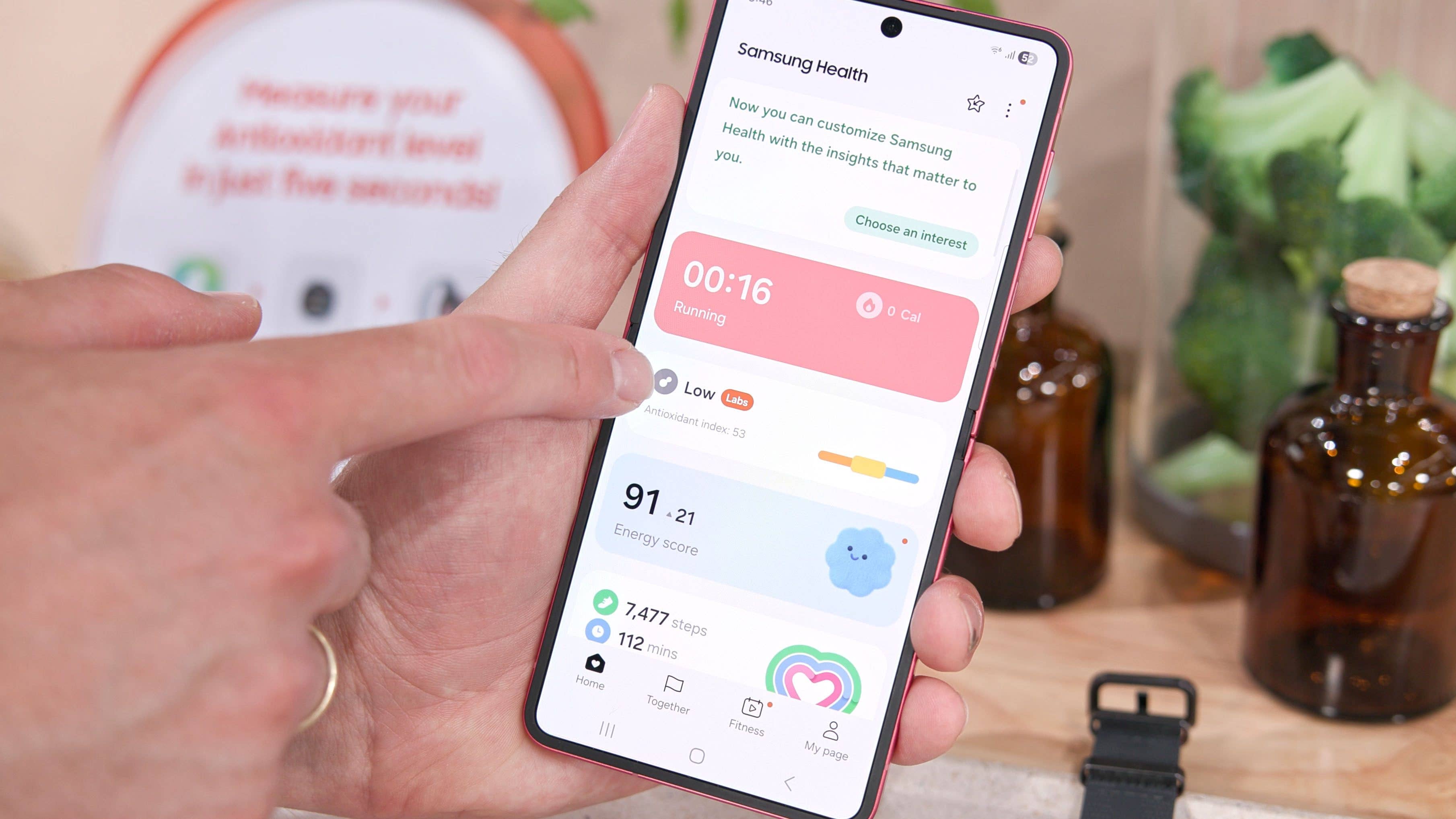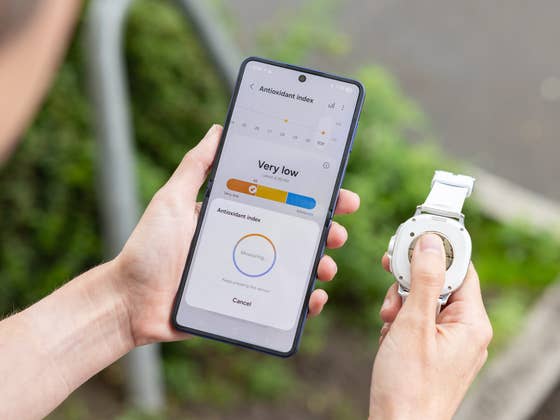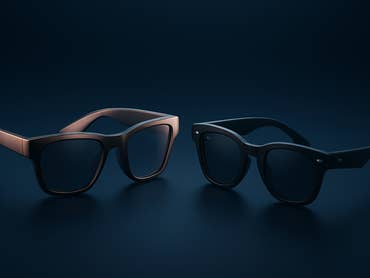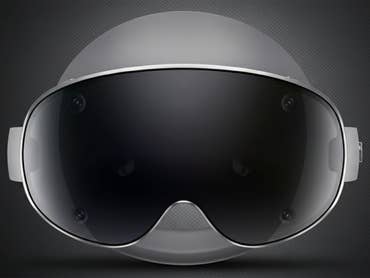Alzheimer’s is a progressive brain disorder and the leading cause of dementia. It’s one of the most alarming conditions currently under study, largely because it remains incurable and irreversible. That’s why many researchers focus on early detection and prevention, hoping to slow the progression of this neurodegenerative disease in patients.
Using Available Smartphone and Wearable Data
In a recent blog post, Samsung announced that its research team has developed a breakthrough method that could detect early signs of Alzheimer’s and dementia. This approach may prove crucial in preventing the condition from worsening into more serious and fatal stages.
The technology tracks changes in cognitive function using digital biomarker analysis. It leverages data already captured by smartphones and smartwatches, such as app usage, typing speed, messaging and call frequency, sleep patterns, voice characteristics, and other behavioral signals.

Samsung says this data reveals “subtle routine changes with remarkably high sensitivity,” making it a valuable blueprint for cognitive health monitoring.
The company also notes that these biomarkers have shown effectiveness in tracking cognitive changes associated with Alzheimer’s disease. According to the South Koreans, the results are comparable to hospital-based dementia screenings.
When Will This Feature Arrive?
It’s unlikely we’ll see this technology rolled out in Galaxy smartphones or smartwatches just yet. More studies are needed to validate the findings and refine the models. But if it materializes, it could complement clinical screenings by alerting users to early warning signs.
What’s promising is that this method relies on common data sources and doesn’t require advanced or specialized hardware. It could also benefit from artificial intelligence, which is already fitted in most smartphones, to enhance accuracy and personalization.
Earlier this year, Samsung introduced new features with the Galaxy Watch 8 (review), like the antioxidant index for measuring cellular health and vascular load tracking based on heart rate, exercise, and sleep data. These additions show the company’s growing focus on proactive wellness.
What do you think of the promising features Samsung is working on? Excited to see them land on your device soon? Share your thoughts in the comments.
We mark partner links with this symbol. If you click on one of these links or buttons–or make a purchase through them–we may receive a small commission from the retailer. This doesn’t affect the price you pay, but it helps us keep nextpit free for everyone. Thanks for your support! Prices are based on the date of publication of this article and may be subject to change.





